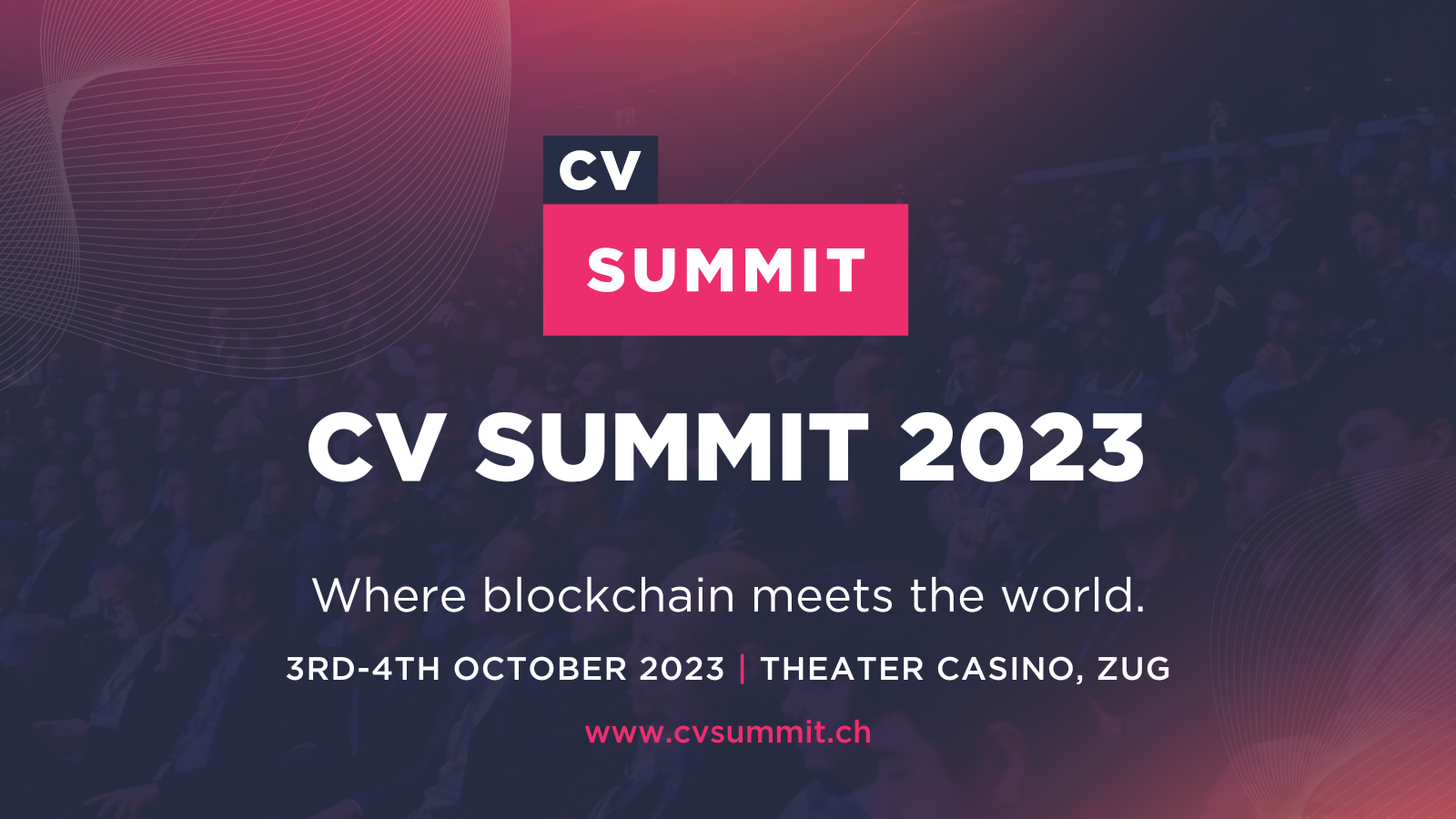
CV Summit is a premier event that brings over 1,000 leaders, innovators, investors, and policymakers together for a two-day gathering, filled with networking opportunities, thought-provoking discussions, and inspirational dialogues at the epicenter of Crypto Valley in Zug, Switzerland. The event’s daily schedule includes exciting afternoon sessions and multiple networking breaks for attendees to connect and engage with one another.

Genev’Hack is the first cybersecurtiy conference taking place in Geneva, being 100% free and open to all cybersecurity professionals, enthusiasts or students. In partnership with Splunk, the conference will be followed by a defense-oriented contest : Boss of the SOC (aka BOTS).
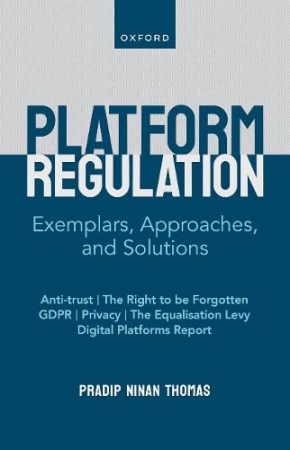
Thomas, Pradip Ninan (2023). Platform Regulation. Exemplars, Approaches and Solutions. Anti-trust, The Right to be Forgotten, GDPR, Privacy, The Equalisation Levy, Digital Platforms Report. Oxford: Oxford University Press, 123 pages. By Matthias Finger Digitalization is such a multifaceted and such a pervasive phenomenon that only a cross-disciplinary approach and culturally diverse perspectives will ultimately help (…)

With its Artificial Intelligence Act, the EU wants to ensure that Europeans can trust in what AI has to offer. The EU AI Act will introduce an approach of evaluating risks of AI systems on the principles of ethical AI. Its impact will be felt widely across different industries as the law creates new regulatory (…)
The C4DT Factory team selected some Privacy Enhancing Technology (PET) links for you. They are all related to digital trust: security, privacy, trust in general, we have you covered!
May 31st, 2023, InterContinental Hotel Geneva and online Building Trust in Digital Identities – Leveraging the Power of Technology, Policy, and Digital Cooperation Description More and more governments around the world are implementing or exploring the implementation of digital identity (e-ID) solutions, while regional organizations such as the European Union and African Union actively work (…)
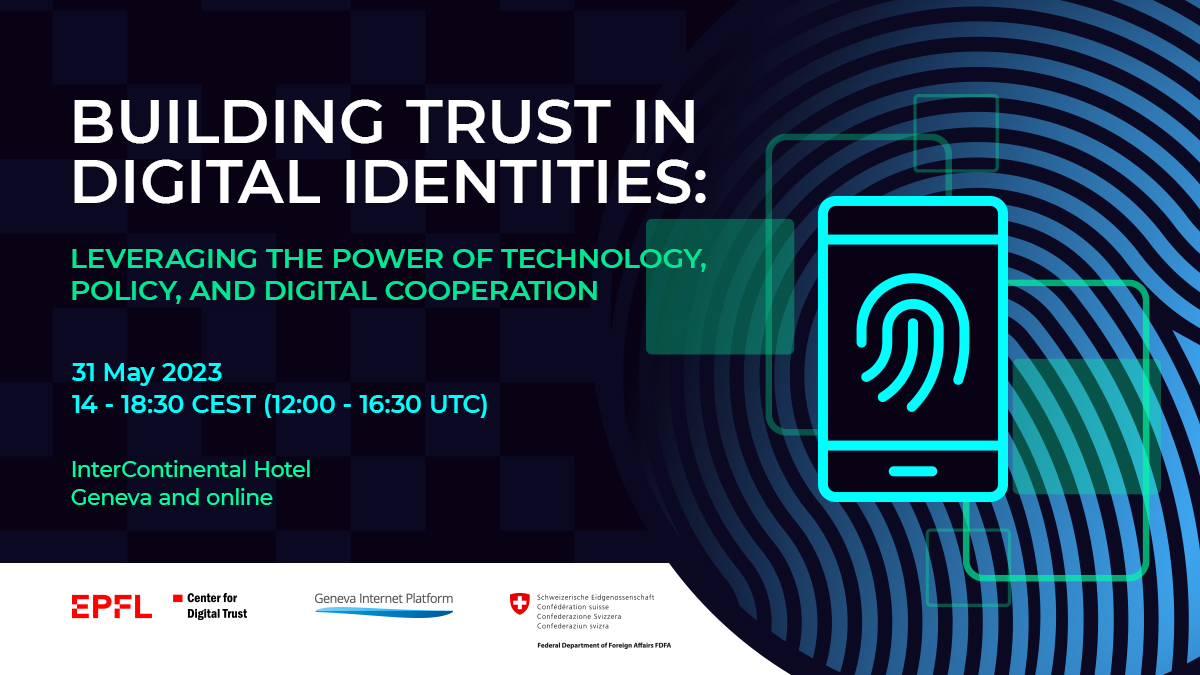
Governments worldwide are implementing or seeking to implement digital identity (e-ID) solutions to enable economic inclusion, facilitate access to public services, and validate credentials in e-commerce. In developing countries they may also further the UN concept of ‘identity for all’ and support sustainable development goals. However, the safety, trustworthiness, and interoperability of national e-IDs have generated a number of crucial questions.
This event brings together stakeholders from Europe, Switzerland, Africa and the International Community to discuss the latest technological developments, explore ways to foster public trust, and promote viable and trustworthy e-ID solutions through multilateral and multi-stakeholder dialogue and cooperation.
Coverage? Testing is one of the most important step of code validation. One would argue that an untested code is akin to a rogue program destroying what it can in its way. But what tests the testing? How do you know that your testing infrastructure is indeed simulating most behaviors of your code? Here comes (…)
Knowledge graphs have recently attracted significant attention in scenarios that require exploiting large-scale heterogeneous data collections. When graph sizes reach high orders of magnitude a delicate balance between performance and computational cost might is required. This project presents an approach to construct a model that generates meaningful graph representations while maintaining the scalability and prediction performance as significant as possible.
What is Nix? I recently had the opportunity to play with Nix, which is a package manager and an OS based on this package manager. Nix is special in the sense that it claims to only make reproducible builds that can’t break the system. But how? The package manager is “purely functional”, which means that (…)
vs. Today we looked at the following article, which compares Rust and Haskell: https://serokell.io/blog/rust-vs-haskell Even though I did some dabbling in Haskell, I never understood how close the two are. Currently I think I’m quite proficient in Rust, so I can follow the article quite well on that side. While the basic concepts seem (…)
November 5th, 2021, Swiss Tech Convention Center, EPFL Distributed Ledger Technology has the potential to reshape the traditional financial system. An example is decentralized finance, which allows people to combine open-source building blocks into sophisticated financial products utilizing DLT. Central banks, as another example, face growing competition from private actors offering their own digital alternative (…)

C4DT and the UC Berkeley Center for Long-Term Cybersecurity jointly host a panel at this year’s CPDP conference in Brussels on “How to make privacy more user-friendly for the long-term?” (24 May, 11h45).
Already today privacy, data security and transparency are at peril. Now, imagine these challenges on steroids by 2030 as AI evolves, new technologies and actors emerge. This discussion at the intersection of people, policy and technology will engage participants in long-term thinking to help make privacy lastingly more user-friendly, and explore how latest technology progress and new governance models can help to achieve this goal.

Data Science, including Artificial Intelligence and Machine Learning, has already sparked a lot of innovation and insights. But how can it create value for your domain of expertise and impact your bottom line?
SDSC-CONNECT is a series of conferences organized by the Swiss Data Science Center. We address challenges and applications in the fields of data science, machine learning and artificial intelligence, in a broad range of areas.
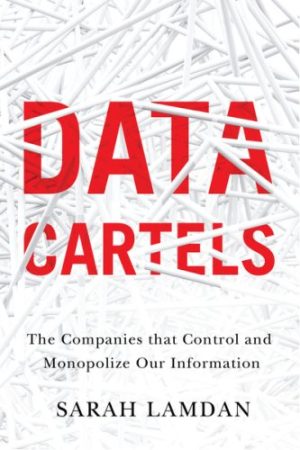
Lamdan, Sarah (2023). Data Cartels. The Companies That Control and Monopolize our Information. Stanford: Stanford University Press, 203 pages. By Matthias Finger This extremely well documented and researched book introduces the reader to some novel areas of platformization, namely the platformization of actors that manage information, knowledge and intelligence. The author, a law professor, shares her unique (…)
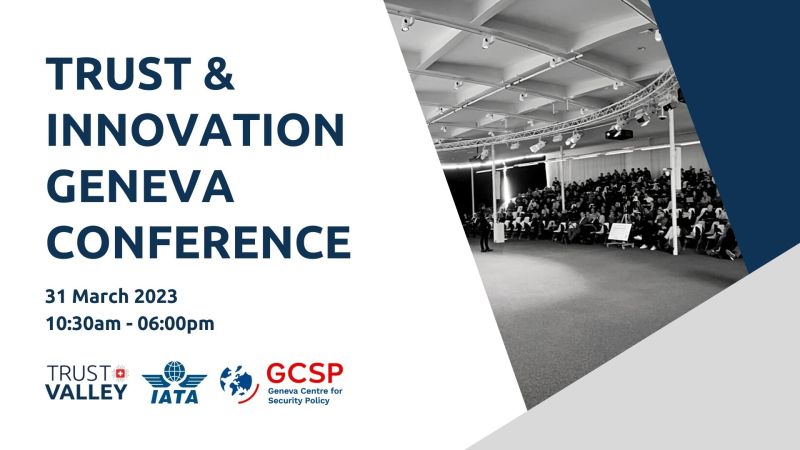
A flagship conference on the trust economy and cybersecurity in international Geneva.
Bringing together various private, public and academic actors from the State of Geneva, this exclusive platform will allow to reflect on digital governance and the main challenges of the trust economy. It will also be an opportunity for the start-ups of the Tech4Trust program to present their innovative solutions.
An online broadcast of the conference will also be available.
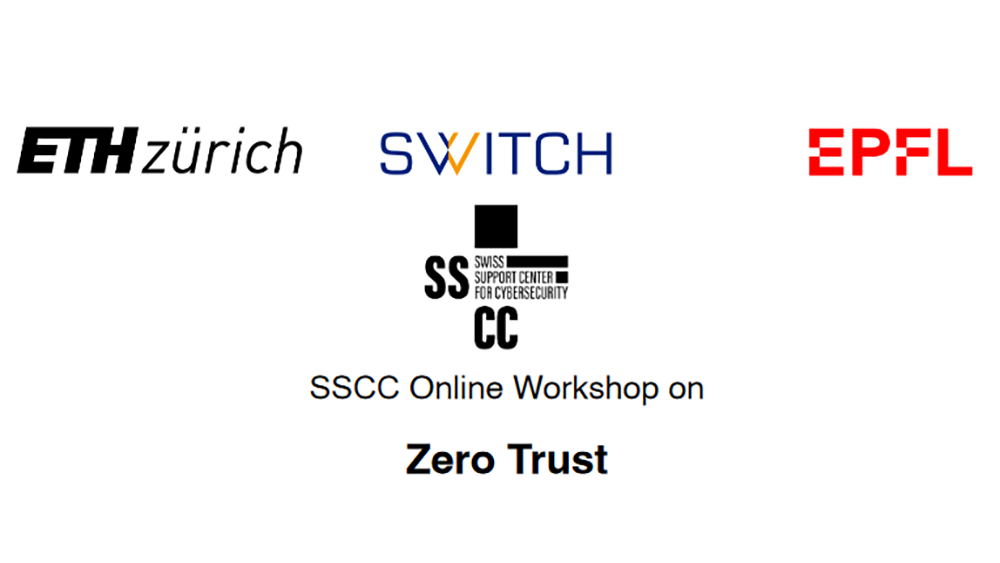
This online workshop is co-organized by the Swiss Support Center for Cybersecurity (SSCC) and the SWITCH Foundation (SWITCH), in collaboration with the Center for Digital Trust (C4DT) at EPFL and the Zurich Information Security Center (ZISC) at ETHZ.
Its goal is to shed light on different aspects of “Zero Trust”. Our speakers cover a wide range of expertise and present their views on and experience with “Zero Trust”. As it has been the case in previous workshops, we hope that the format allows for interesting interactions with the audience.
FPGAs are essential components in many computing systems. With conventional CPUs, FPGAs are deployed in various critical systems, such as wireless base stations, satellites, radars, electronic warfare platforms, and data centers. Both FPGAs and CPUs have security vulnerabilities; integrating them together presents new attack opportunities on both sides. In this project, we investigate the attacks made possible by closely integrating FPGAs with CPUs in heterogeneous computing platforms.
Major digestive surgery is associated with a high comorbidity (i.e. high risk of complications after surgery). Anticipating Postoperative complications (POC) may help and guide clinicians in the postoperative management of surgical patients. Unfortunately, the available tools in clinical practice are of restraint value due to their limited accuracy. Recently, artificial intelligence (AI) has shown a meteoric rise in medicine, showing numerous clinical applications but its role to predict POC remains unknown. We aim to use AI to develop new models allowing to improve the prediction of POC in a dataset of >2000 patients undergoing major digestive surgery.
Liver cancer is the second deadliest malignancy. It essentially accounts hepatocellular carcinoma (HCC). Surgery with liver resection is the main curative option but unfortunately, it is only recommended in patients with early HCC. Prognosis of HCC is particularly challenging and results from numerous attempts using various strategies remain relatively poor.Artificial intelligence (AI) has demonstrated unmatched value to decipher complex traits and mechanisms. This multicentric effort will include 8 Academic centers from the United States, Europe and Asia, allowing to generate a large-scale dataset of patients undergoing liver resection for HCC. We aim to investigate the input of AI to improve prognostication of these patients.
Liver cancer ranks third in terms of cancer-related mortality. Hepatocellular carcinoma (HCC) accounts for 90% of primary liver cancers. Tremendous efforts have been pursued to establish HCC prognostic, including clinical, radiological, pathological and even molecular readouts. Regardless of the strategy, the performance of these tools remains modest. Recent data using artificial intelligence (AI) on HCC histology (microscopy) have revealed promising results. We aim to submit pictures of liver cancers specimen to AI models to generate algorithms allowing to establish prognosis in a large-scale study including centers from North America, Europe and Asia.
March 30th, 2023, Swiss Tech Convention Center, EPFL The past two years saw a new vulnerability make headlines: software supply chains. Events such as the SolarWinds and Kaseya cyberattacks or the discovery of the Log4j vulnerability forced organizations to reevaluate their cyber risk exposure. This one-day conference provides a platform for academia, government, business, NGOs (…)
April 26th, 2023, Starling Hotel, EPFL Decentralized Finance (DeFi) started out with the promise to disrupt the financial industry by removing third parties and centralized institutions from financial transactions and hence allowing consumers direct access to capital and financial services. Until now, however, DeFi’s disruptive forces have not manifested themselves purely favorably. In 2022 crypto (…)
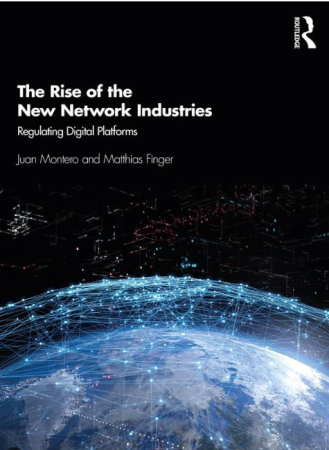
Montero, Juan and Matthias Finger (2021). The Rise of the New Network Industries: Regulating Digital Platforms. New York & London: Routledge, 292 pages. By Melanie Kolbe-Guyot “The Rise of the New Network Industries – Regulating Digital Platforms” (2021), by Juan Montero and Matthias Finger, is an excellent resource on the rise and inner workings of digital platforms (…)










